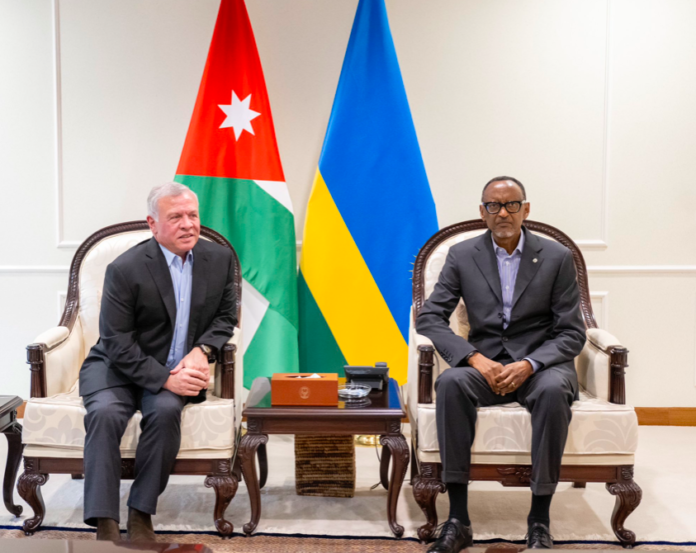
Following the Democratic Republic of Congo’s (DRC) closer ties with Israel, President Paul Kagame of Rwanda, previously aligned with Israel, is now seeking stronger relationships with Arab nations. A key event in this diplomatic shift was the visit of King Abdullah II of Jordan to Rwanda. During this visit, they committed to enhancing bilateral cooperation, evidenced by the signing of agreements in health, agriculture, and economic sectors. King Abdullah II also acknowledged Rwanda’s efforts in national reconciliation at the Kigali Genocide Memorial.
However, President Kagame is facing increasing international isolation following a loss of confidence from Washington. This stems from several human rights violation allegations, including the abduction of Paul Rusesabagina, the hero of “Hotel Rwanda.” Additionally, Rwanda’s geopolitical significance is waning in favor of the DRC under President Tshisekedi, noted for his dynamic and sometimes aggressive diplomacy.
Rwanda, under Kagame’s leadership, is attempting to pivot into other areas such as accepting unwanted immigrants in Europe and acting as mercenaries in regions like Mozambique and the Central African Republic, where countries like France aim to protect their interests indirectly.
Amidst these shifts, Rwanda continues to seek new allies in light of a near-inevitable war with its western neighbor, the Congo, which is supported by another southern neighbor, Burundi.






























































